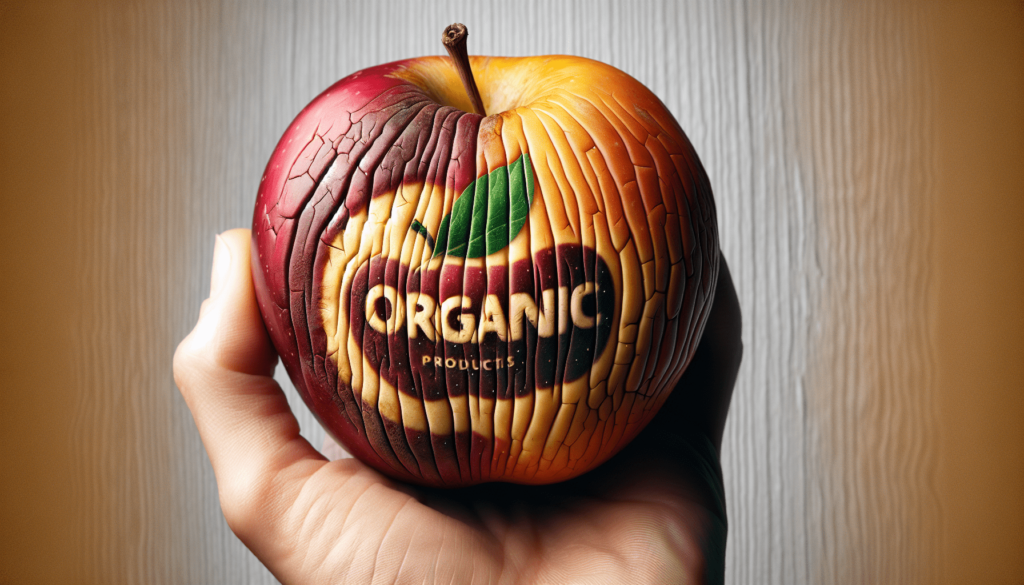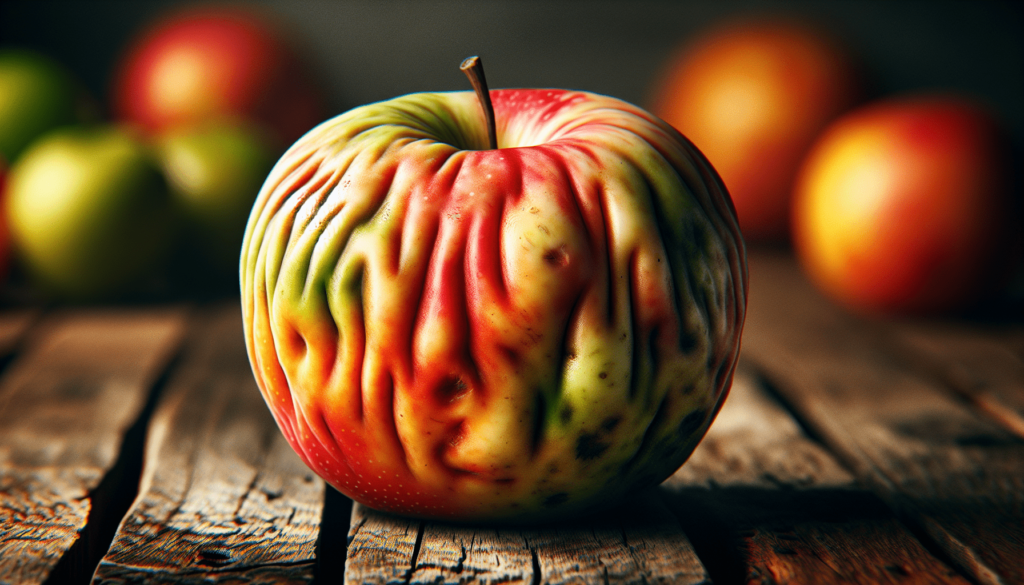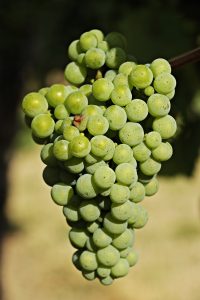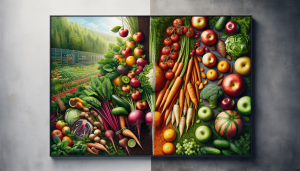Have you ever wondered if organic products have a shorter shelf life compared to their non-organic counterparts? We often hear people debating about the benefits and drawbacks of organic food, but rarely do we talk about how long these products can actually last. In this article, we will explore whether there is any truth to the claim that organic products spoil quicker, and uncover the factors that may contribute to their shorter shelf life. So, get ready to separate the facts from the myths, as we delve into the world of organic products and their potential expiration dates.

Factors influencing shelf life
When considering the shelf life of products, there are several factors that come into play. These factors can impact the quality and longevity of food items, ultimately influencing whether they can be consumed safely or not. Some of the key factors that affect shelf life include the quality of ingredients, production methods, storage conditions, and packaging. By understanding these factors, we can better appreciate the importance of maintaining product quality and safety.
Quality of ingredients
The quality of ingredients used in food products plays a significant role in determining their shelf life. Organic ingredients, for example, may have a shorter shelf life compared to non-organic alternatives. This is because organic farming practices strictly prohibit the use of synthetic pesticides, which can naturally extend the shelf life of produce. Without the aid of these artificial chemicals, organic products may be more prone to spoilage. Additionally, pesticide residue on non-organic ingredients can interfere with the natural decay process, potentially prolonging shelf life.

Production methods
The methods used during the production of food products can also influence their shelf life. One important consideration is the use of preservatives. Chemical preservatives, such as synthetic antioxidants and antimicrobial agents, are often added to foods to extend their shelf life. While these preservatives can be effective, their use may raise concerns among consumers regarding potential health risks. On the other hand, natural preservatives derived from sources like salt, sugar, and vinegar offer alternative options that can help prolong shelf life without the use of synthetic additives. Additionally, the processing techniques employed during production, such as minimal processing or cold-pressing, can impact the final product’s stability and shelf life.
Storage conditions
The conditions under which food items are stored greatly affect their shelf life. Temperature, humidity, and exposure to light are key factors to consider. High temperatures can accelerate the growth of bacteria, yeasts, and molds, leading to faster spoilage. In contrast, lower temperatures, such as refrigeration or freezing, can help slow down the growth of microorganisms, thereby extending shelf life. Similarly, humidity can promote the growth of microbial activity and contribute to the deterioration of certain products. Additionally, exposure to light, especially sunlight and UV rays, can degrade the quality and nutrient content of foods. Proper storage practices, including temperature control and minimizing exposure to humidity and light, are crucial to maximizing a product’s shelf life.

Packaging
Packaging plays a significant role in the shelf life of food products. The choice of packaging materials, design, and technology used can greatly impact the preservation of products. Air-tight containers, for example, create a barrier that helps prevent the entry of oxygen, moisture, and pests, which can all contribute to spoilage. Innovative packaging solutions, such as vacuum-sealed bags or modified atmosphere packaging, can further enhance the shelf life of products by controlling factors like oxygen levels and relative humidity within the packaging. By choosing the right packaging options, manufacturers can extend the shelf life of their products and maintain their quality for a longer period.
Impact of organic certification
Certification standards for organic products play a crucial role in ensuring their quality and safety. Organic certification requires adherence to specific guidelines and regulations, which can help improve production practices and promote transparency. One important aspect of organic certification is traceability. This ensures that organic products can be accurately traced back to their origin, allowing for better quality control and accountability throughout the supply chain. By establishing clear certification standards and enforcing traceability measures, organic products can maintain their integrity and reduce the risk of contamination or spoilage that may shorten their shelf life.

Natural preservatives
Natural preservatives offer an alternative to synthetic additives, allowing manufacturers to extend the shelf life of products while meeting consumer demand for cleaner and more natural ingredients. Common natural preservatives include salt, sugar, and vinegar. Salt functions as a natural antimicrobial, inhibiting the growth of bacteria, yeast, and molds. Sugar acts as a preservative by reducing water activity, making it less conducive for microbial growth. Vinegar, particularly acetic acid, exhibits antimicrobial properties and also helps in maintaining product quality. By utilizing these natural preservatives, manufacturers can avoid the use of chemical additives while still prolonging the shelf life of their products.
Processing techniques
The processing techniques employed during the production of food items can play a significant role in their shelf life. Minimal processing, which involves using techniques that minimize the alteration of natural products, can help retain their freshness and nutritional value. Less processing often results in a shorter shelf life but may offer added benefits in terms of taste and overall quality. Cold-pressing, a technique commonly used in producing oils and juices, preserves the natural flavors and nutrients of the raw materials. By adopting appropriate processing techniques, manufacturers can produce food products with a balance between shelf life and quality.

Temperature control
Temperature control is a critical factor in maintaining the shelf life of various products. Refrigeration is a common method employed to slow down the growth of microorganisms and extend product freshness. By keeping perishable items at low temperatures, bacteria, yeasts, and molds are less likely to proliferate, thereby delaying spoilage. Freezing is another effective technique for preserving food. Freezing effectively halts the growth of microorganisms and enzymatic activity, allowing products to be stored for long periods while maintaining their quality. However, it is important to consider that certain temperature-sensitive products may require specific storage conditions to avoid texture or flavor degradation.
Strategies to prolong shelf life
To ensure that food products remain safe and of high quality throughout their shelf life, several strategies can be implemented. Proper storage practices are essential, including maintaining appropriate temperature and humidity levels, as well as protecting products from exposure to light and potential contaminants. Developing effective packaging solutions that provide optimal protection against oxygen, moisture, and pests is also crucial. Educating consumers on proper storage and handling techniques can also contribute to prolonging shelf life, reducing food waste, and maintaining overall product quality. By employing a combination of these strategies, manufacturers and consumers can work together to maximize the shelf life of food products.




